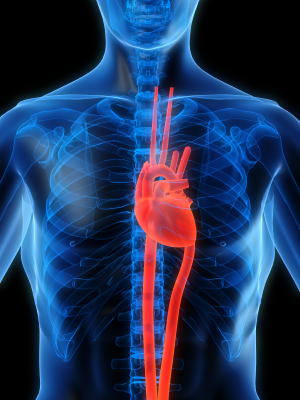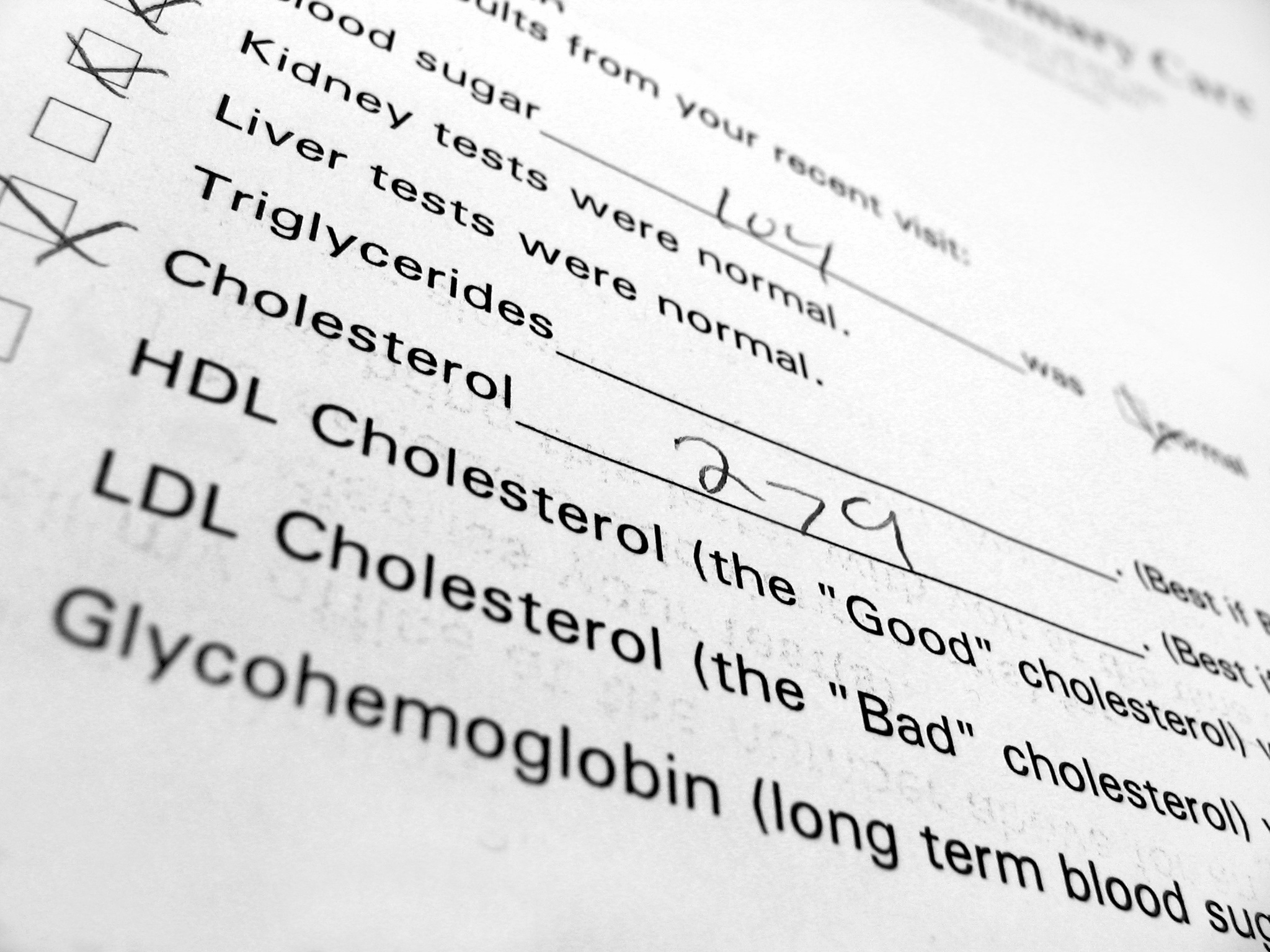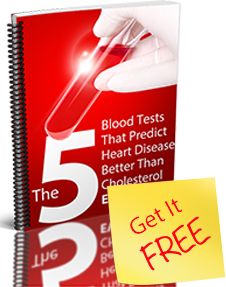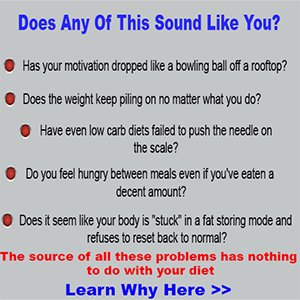Essential Blood Tests for Assessing Cardiovascular Health: A Comprehensive Guide
 Considering the fact that cardiovascular disease (CVD) is the world’s leading cause of death maintaining cardiovascular health is vital for overall well-being.
Considering the fact that cardiovascular disease (CVD) is the world’s leading cause of death maintaining cardiovascular health is vital for overall well-being.
When we talk about heart disease the conversation should include more than just what causes a heart attack. The conversation needs to include the role of systemic inflammation, physical activity level, blood pressure level, blood glucose management, obesity, and stress factors.
This means supporting cardiovascular health in its entirety.
This includes getting lab work done which can be confusing and daunting. Do you just have your doctor run what they think you need which is usually your basic lipid profile?
Or do you ask them to run deeper tests? If so, which lab tests should they run?
Blood tests are invaluable tools for evaluating cardiovascular risk factors and identifying potential issues early on. In this comprehensive guide, we will explore some of the best blood tests used to assess cardiovascular health. By measuring key biomarkers such as lipid profiles, inflammation markers, genetic factors, and more, these tests provide crucial insights for effective prevention and management of cardiovascular diseases.
1. Lipid Profile
A lipid profile is a fundamental blood test that assesses cholesterol levels, which are significant risk factors for cardiovascular diseases.jpg) (CVD). It typically measures total cholesterol, low-density lipoprotein (LDL) cholesterol, high-density lipoprotein (HDL) cholesterol, and triglycerides. Elevated LDL cholesterol and triglyceride levels, along with low HDL cholesterol, are associated with an increased risk of developing CVD. Monitoring lipid levels helps identify individuals who may require lifestyle changes, medication, or further evaluation.
(CVD). It typically measures total cholesterol, low-density lipoprotein (LDL) cholesterol, high-density lipoprotein (HDL) cholesterol, and triglycerides. Elevated LDL cholesterol and triglyceride levels, along with low HDL cholesterol, are associated with an increased risk of developing CVD. Monitoring lipid levels helps identify individuals who may require lifestyle changes, medication, or further evaluation.
2. High-Sensitivity C-Reactive Protein (hs-CRP)
hs-CRP is an inflammation marker that provides insight into arterial inflammation, a crucial component of cardiovascular risk. Elevated levels of hs-CRP have been associated with an increased risk of cardiovascular events such as heart attacks and strokes. Measuring hs-CRP can help identify individuals who would benefit from targeted interventions to reduce inflammation and improve cardiovascular health.
3. Natriuretic Peptides:
Natriuretic peptides, including B-type natriuretic peptide (BNP) and N-terminal pro-B-type natriuretic peptide (NT-proBNP), are hormones produced by the heart in response to stress and strain. These biomarkers assist in evaluating cardiac function and identifying individuals at risk of heart failure. Elevated levels of BNP or NT-proBNP may indicate cardiac stress or dysfunction, prompting further evaluation and appropriate management strategies.
4. Hemoglobin A1c (HbA1c):
HbA1c is primarily used to diagnose and monitor diabetes, but it also provides valuable information about cardiovascular risk. Elevated HbA1c levels are associated with an increased risk of cardiovascular complications in individuals with diabetes, including coronary artery disease and stroke. Regular monitoring of HbA1c levels allows healthcare providers to optimize diabetes management and minimize the risk of cardiovascular events.
5. Genetic Testing:
Genetic testing plays an increasingly important role in cardiovascular health assessment, particularly in individuals with a family history of cardiovascular diseases. Specific genetic variants, such as those associated with familial hypercholesterolemia, significantly impact an individual's susceptibility to cardiovascular events. Genetic testing can identify individuals who may benefit from early interventions, personalized treatment strategies, and close monitoring.
6. Homocysteine:
Homocysteine is an amino acid that, when present in high levels, is associated with an increased risk of cardiovascular events. Elevated homocysteine levels may indicate impaired methylation pathways, which play a role in various biological processes, including cardiovascular health. Measuring homocysteine levels can provide additional insights beyond traditional risk factors, helping healthcare professionals assess an individual's cardiovascular risk more comprehensively.
7. Triglyceride to HDL Level:

Your HDL cholesterol you have probably heard of and this is your “good” cholesterol. It helps to carry away the “bad” LDL cholesterol and helps keep your arteries and blood flowing. A healthy HDL level should be 60mg/dl or higher.
Your triglycerides are a fat within your blood that when high is linked to an increased risk of heart disease. Your triglyceride level should be below 150 mg/dl. When comparing to your HDL level the ratio should not be more than a 2:1 ratio of triglycerides to HDL.
A quick example on how to determine this is to divide your triglyceride number by the HDL number.
180 divided by 63 would be 2.85.
Your ratio should be below 2. Now if you kept your HDL at 63 and your triglyceride level lowered to 125 you would be in the ideal range of under 2.
Conclusion:
Regular blood tests for cardiovascular health are essential for early detection, prevention, and management of cardiovascular diseases. By evaluating lipid profiles, inflammation markers, genetic factors, and other key biomarkers, healthcare professionals can identify individuals at risk and implement appropriate interventions to promote cardiovascular well-being. Consult with your healthcare provider to determine the most suitable blood tests based on your individual risk factors and medical history.
Below we have 5 more specific blood tests that will give you a full complete picture of your heart health. Download it and add these additional blood tests to the tests we mentioned above.
LIKE THIS CONTENT?
Join over 60 thousand other F.A.S.T. free-thinkers taking control of their health!
Get started and grab Your FREE 5 Blood Tests That Predict Heart Disease Better Than Cholesterol Guide!
Plus, we will send you cutting edge health news, therapies and daily strategies to maintain an optimal health status!

About Jayson Hunter & Jaylab Pro

Jaylab Pro was founded by Registered Dietitian Jayson Hunter. Jayson has been recognized as one of America's foremost weight loss experts by America's Premier Experts™. He has also been featured in USA Today for this accomplishment. Jayson is also a best-selling author having co-authored multiple books in health & fitness and business growth. Jayson and the Jaylab Pro team are proud to create content that helps improve the lives of millions of people around the world. We hope you enjoy it just as much as others have.
 If you order a JayLabPro SmartShip product or any Combo Package, we will automatically ship you a new supply of the product or products you have ordered every month, starting 30 days after your initial order is shipped, and continuing until you cancel. The credit card you are using today will be billed the lowest available price for those product or products when your order is shipped, but shipping will be FREE. You may log into your customer account or call our customer service department toll-free at 1-888-9GETPRO (1-888-943-8776) between the hours of 8am – 9pm EST Mon-Fri to cancel future shipments, customize the timing of your shipments, or change the credit card used for billing.
If you order a JayLabPro SmartShip product or any Combo Package, we will automatically ship you a new supply of the product or products you have ordered every month, starting 30 days after your initial order is shipped, and continuing until you cancel. The credit card you are using today will be billed the lowest available price for those product or products when your order is shipped, but shipping will be FREE. You may log into your customer account or call our customer service department toll-free at 1-888-9GETPRO (1-888-943-8776) between the hours of 8am – 9pm EST Mon-Fri to cancel future shipments, customize the timing of your shipments, or change the credit card used for billing.









